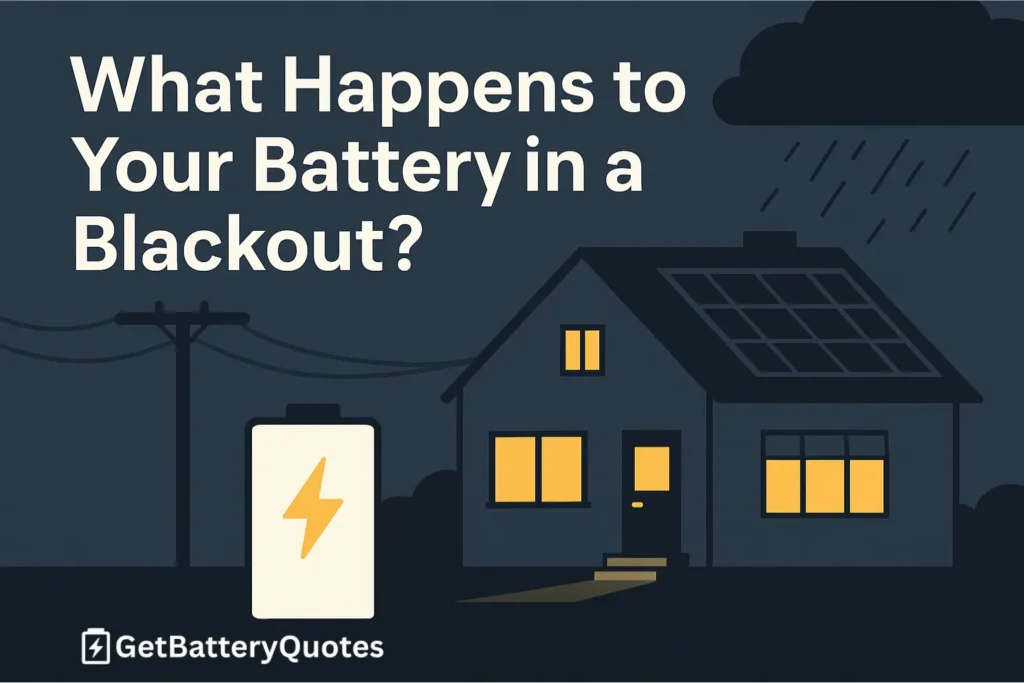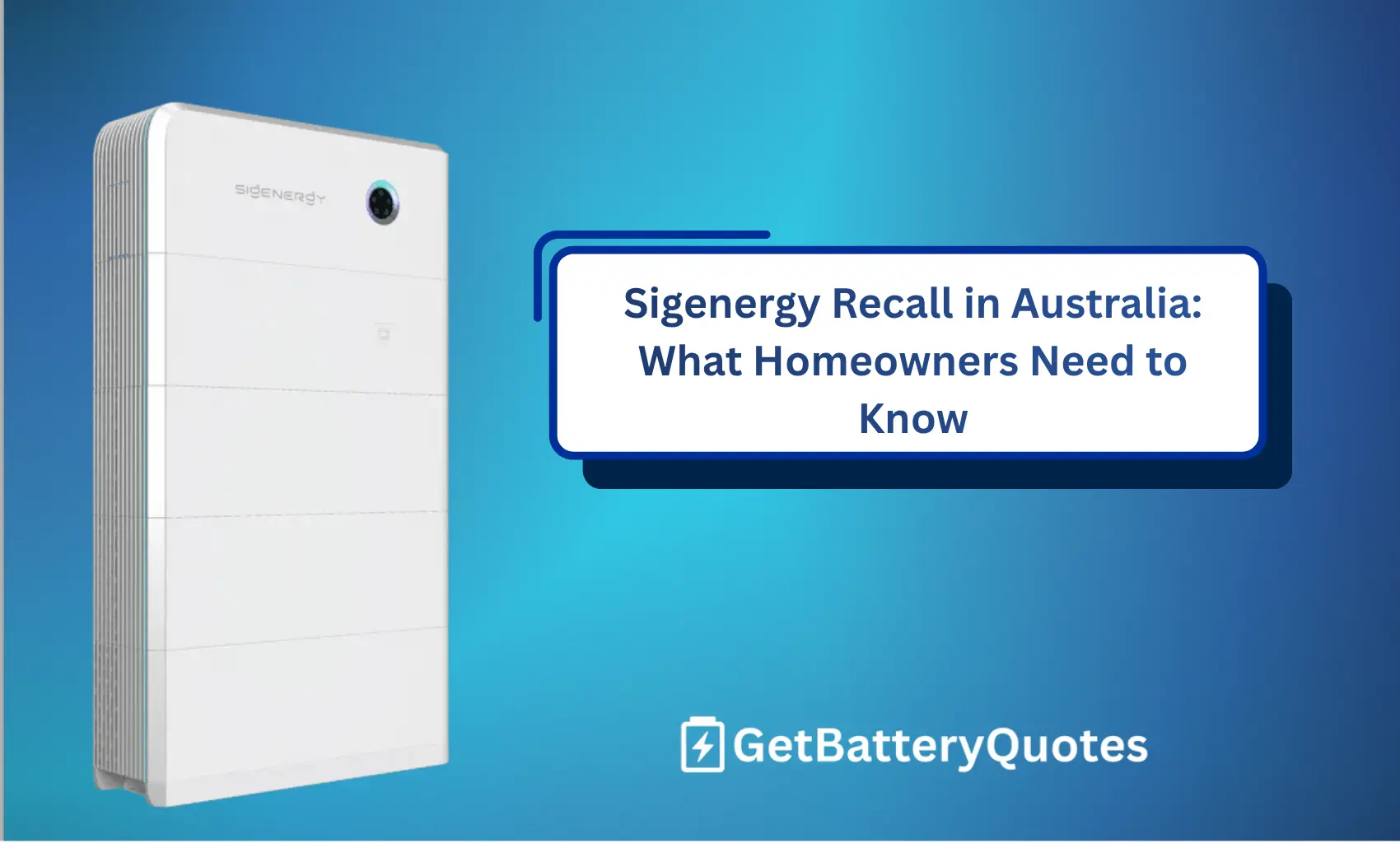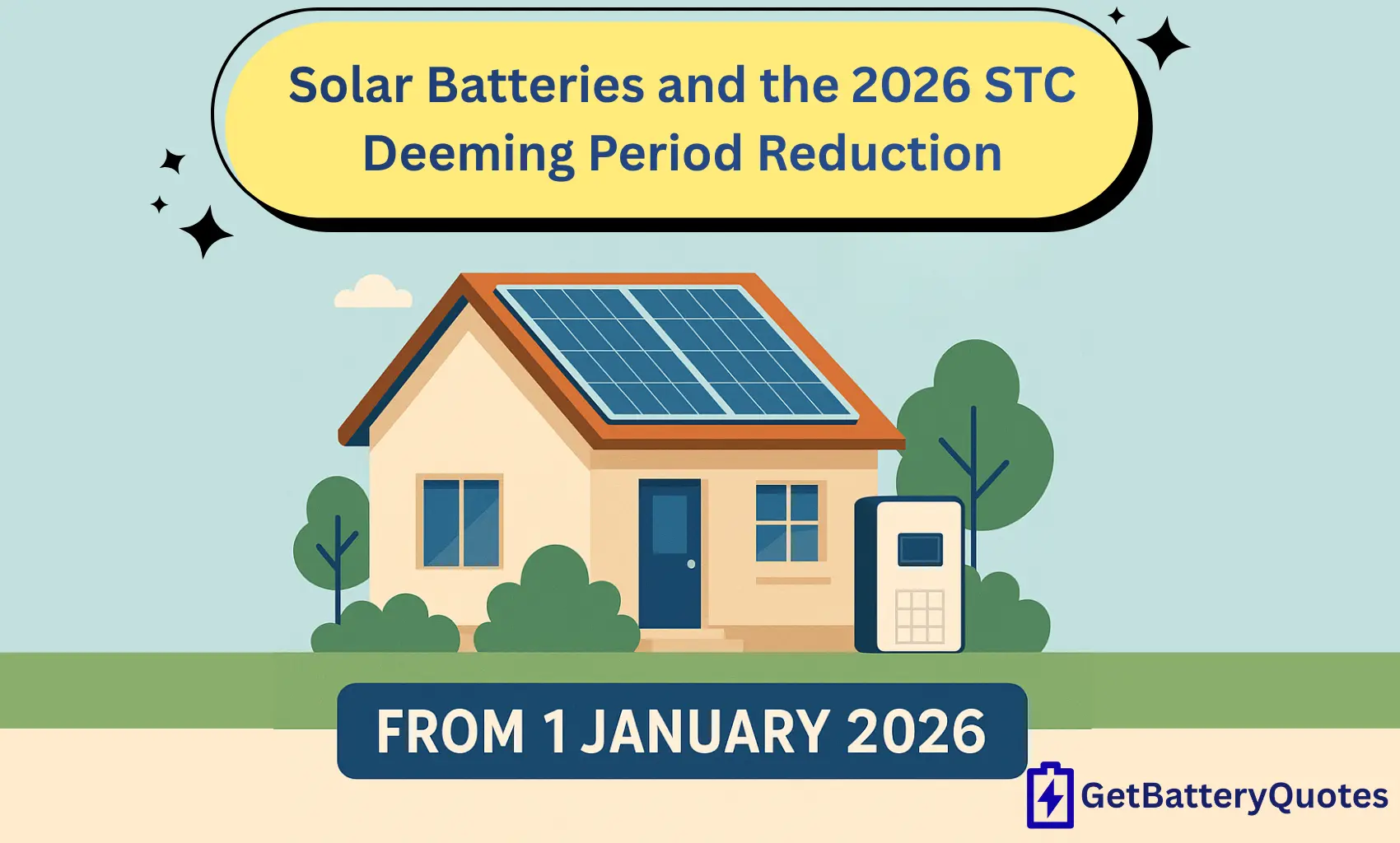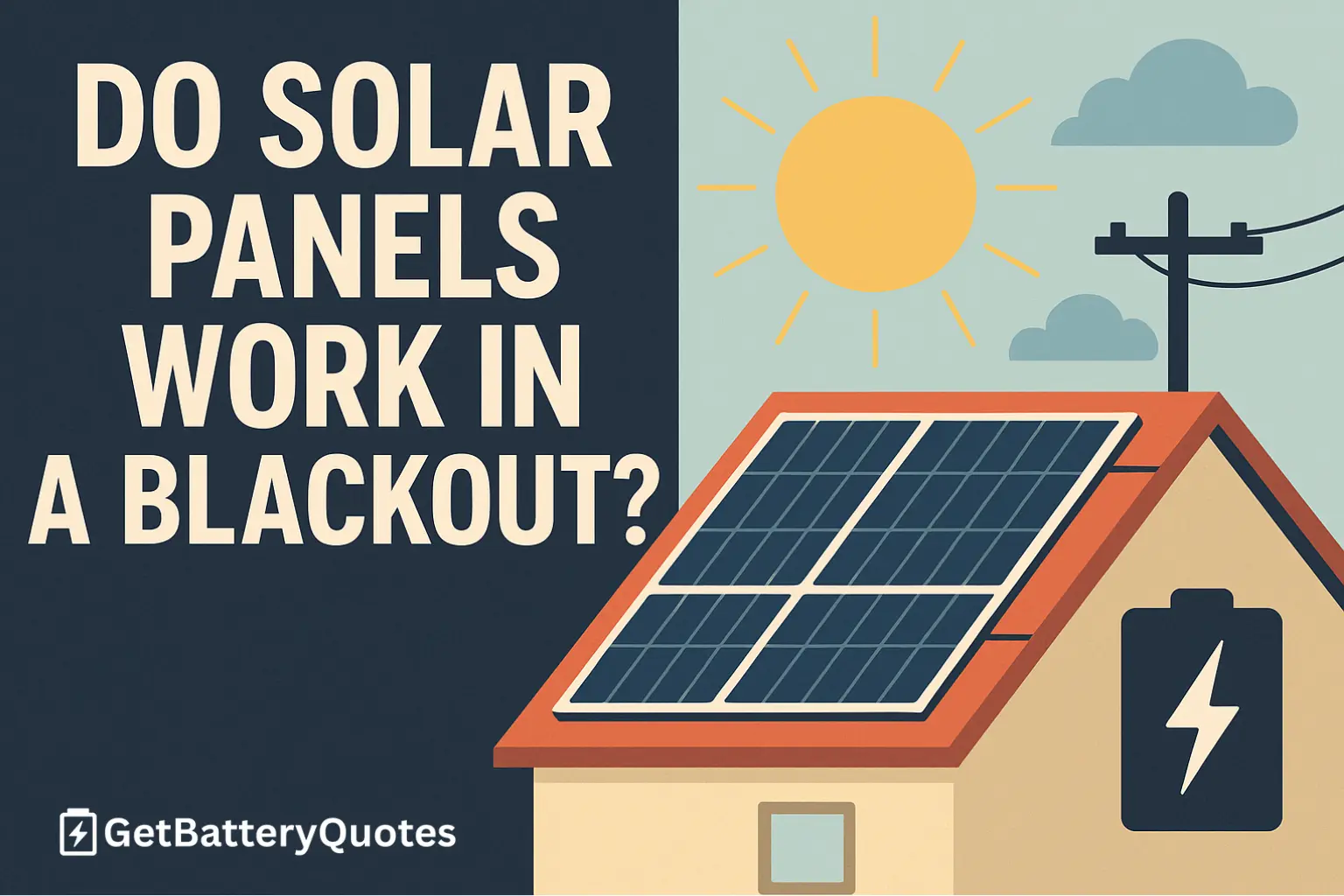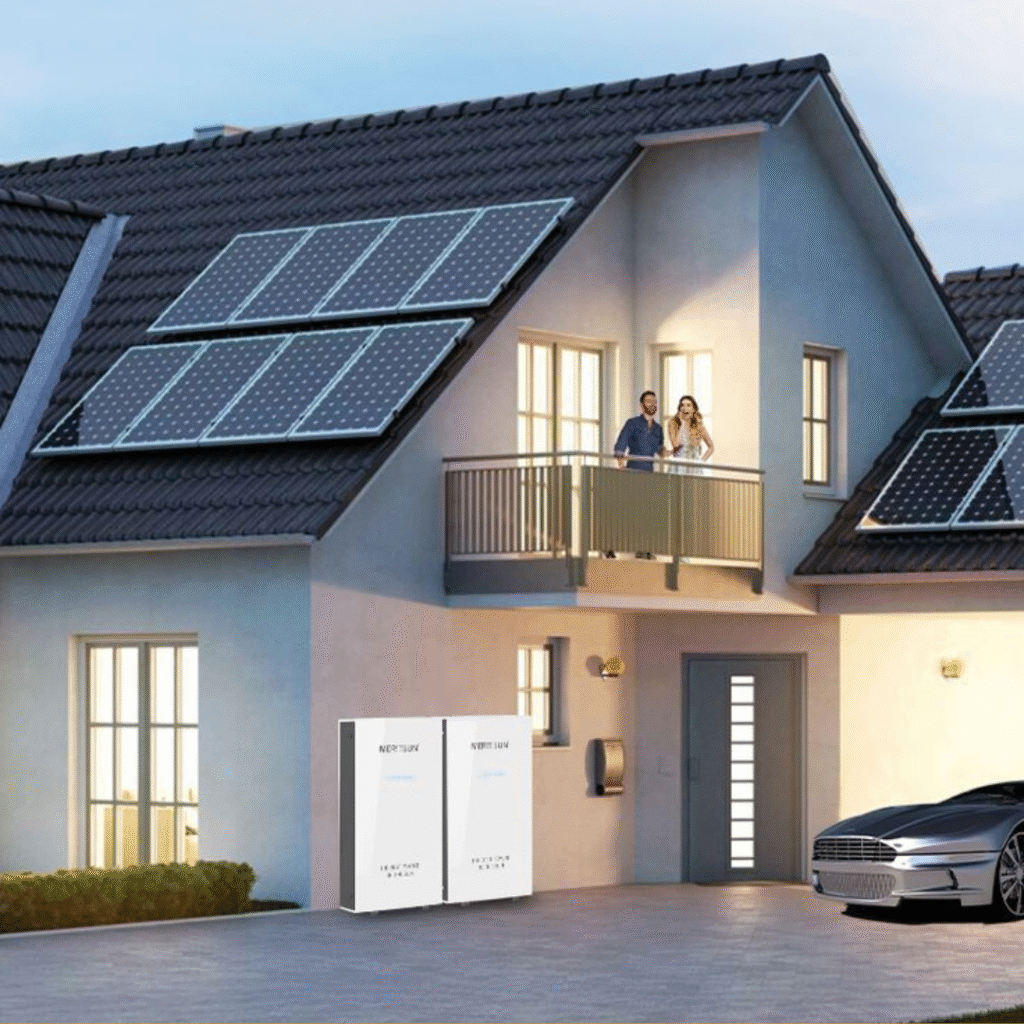One of the biggest reasons Australians are installing solar batteries is to keep the lights on during a power outage. But not all batteries behave the same way when the grid goes down. Some will keep your home running smoothly, while others may switch off entirely.
Here’s what really happens to your battery in a blackout and what you should know before you buy.
Do All Batteries Work in a Blackout?
No. A common misconception is that every solar battery automatically provides backup power. In reality:
- Standard batteries without backup: These will shut down during a blackout to protect utility workers repairing the grid. Your home will lose power just like everyone else, even if the battery is fully charged.
- Backup-enabled batteries: These include an additional component (often called a backup gateway, smart switch, or system controller) that safely isolates your home from the grid. When the power goes out, the battery kicks in and runs your selected appliances.
Do Solar Panels Work in a Blackout?
On their own, solar panels will not generate power during a blackout. This is due to strict safety rules (called anti-islanding) designed to protect utility workers fixing the grid.
The only way to keep using your panels in an outage is to pair them with a battery system that includes a backup gateway or smart switch. In this setup, your home is safely isolated from the grid and your panels can continue charging the battery during the day.
- DC-coupled systems generally allow your panels to charge the battery more efficiently during a blackout, since the solar and battery are managed through the same inverter.
- AC-coupled systems (for example, the Tesla Powerwall) can still provide backup, but panel generation during outages is more limited and depends on how the system is wired.
What Can a Battery Power During a Blackout?
That depends on the size of your battery, the type of inverter, and how your installer configures the system.
- Small batteries (5–10kWh): Enough for essentials like lights, fridge, Wi-Fi, and phone chargers.
- Medium batteries (15–20kWh): Can support more appliances, such as washing machines or a few hours of air conditioning.
- Larger batteries (25–30kWh+): Can keep most of the home running, but even these may not handle everything if you have ducted air, pool pumps, or an EV charging at the same time.
Many homeowners choose to back up only critical circuits (fridge, lighting, internet, select power points) instead of the whole house. This makes the battery last longer during extended outages.
How Long Will the Battery Last?
There’s no one-size-fits-all answer. Duration depends on:
- Battery size (10kWh, 20kWh, 30kWh, etc.)
- What’s connected to the backup circuit
- How often you use high-demand appliances during the outage
For example:
- A 10kWh battery could run a fridge, lights, and internet for more than a day.
- The same battery would run ducted air conditioning for only a few hours.
- A 20kWh system gives much more breathing room, and has quickly become the new normal in 2025 thanks to federal and state rebates.
What About Off-Grid Homes?
If you live off-grid, blackout protection isn’t optional. It’s your entire power supply. These systems are designed differently, often with 30–50kWh of storage plus backup generators to make sure you don’t run out of power during cloudy weeks.
Key Takeaways for Blackout Protection
- Not all batteries provide backup — you need the right hardware installed.
- Solar panels won’t work in a blackout unless paired with a backup-enabled battery system.
- DC-coupled systems usually recharge more efficiently during outages, while AC-coupled systems can be more limited.
- Battery size matters: 10kWh can cover the basics, 20kWh is now the sweet spot, and 25–30kWh+ is better for all-electric homes or EV charging.
- If blackout protection is important to you, make sure you ask your installer to design the system accordingly.
Final Thoughts
Solar batteries can give you peace of mind during blackouts, but only if the system is set up for backup. In 2025, rebates have made larger systems more affordable, meaning more households can enjoy reliable storage that keeps essentials running or even the whole house when the grid goes down.
✅ Next step: Check our Battery Reviews Australia 2025 to see which brands offer strong blackout performance, or get up to 3 quotes from local installers who can configure your system for backup.

